Progetti di ricerca sul cancro presso il Weizmann Institute of Science
In questa sezione sono riportati tutti i progetti di ricerca sul cancro in corso al Weizmann Institute of Science, associati alle borse di studio che assegna il Sergio Lombroso Program.
Il vincitore della borsa di studio si unirà ad uno dei team di ricerca già al lavoro presso il Weizmann Institute of Science.

Leukocyte trafficking
Using special flow chambers that simulate blood flow and intravital microscopy in genetically manipulated mice, Prof. Alon and his team are investigating how both endothelial and perivascular trafficking molecules promote...
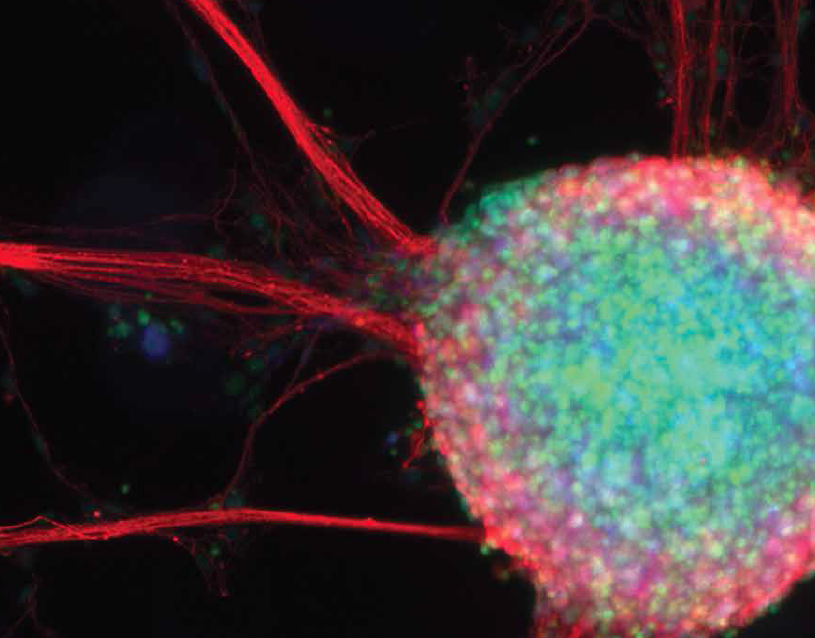
Cellular invasive migration and cancer
Prof. Benjamin Geiger, Department of Molecular Cell Biology [email protected] Prof. Benjamin Geiger’s research focuses on the molecular mechanisms that control cellular adhesion and migration. In
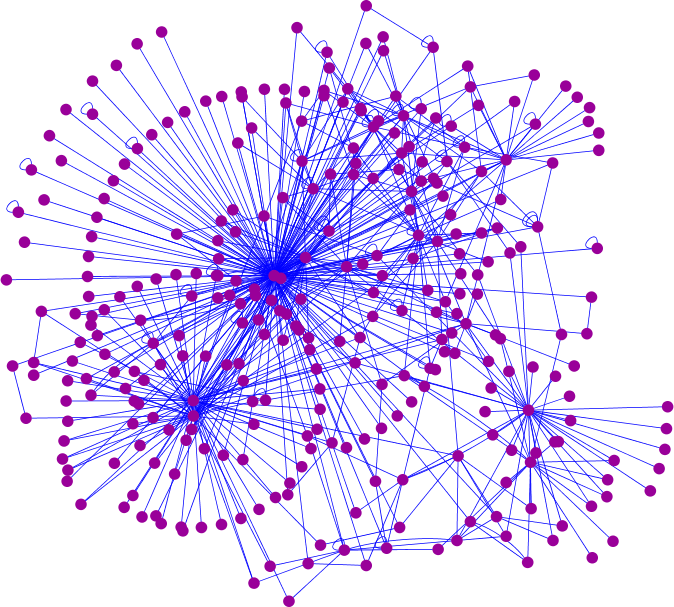
Computational systems biology
Prof. Eytan Domany, Department of Physics of Complex Systems [email protected] The main research activity of Prof. Domany’s group is trying to mine data from large-scale
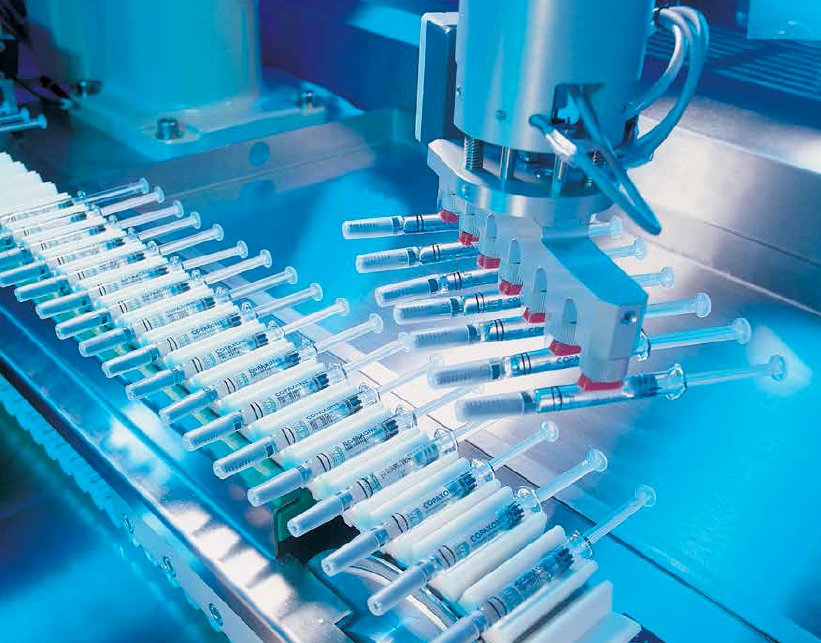
Cancer genetics and metabolism
Dr. Ayelet Erez, Department of Biological Regulation [email protected] A physician-scientist, Dr. Ayelet Erez is a geneticist and medical doctor who treat families with genetic cancer
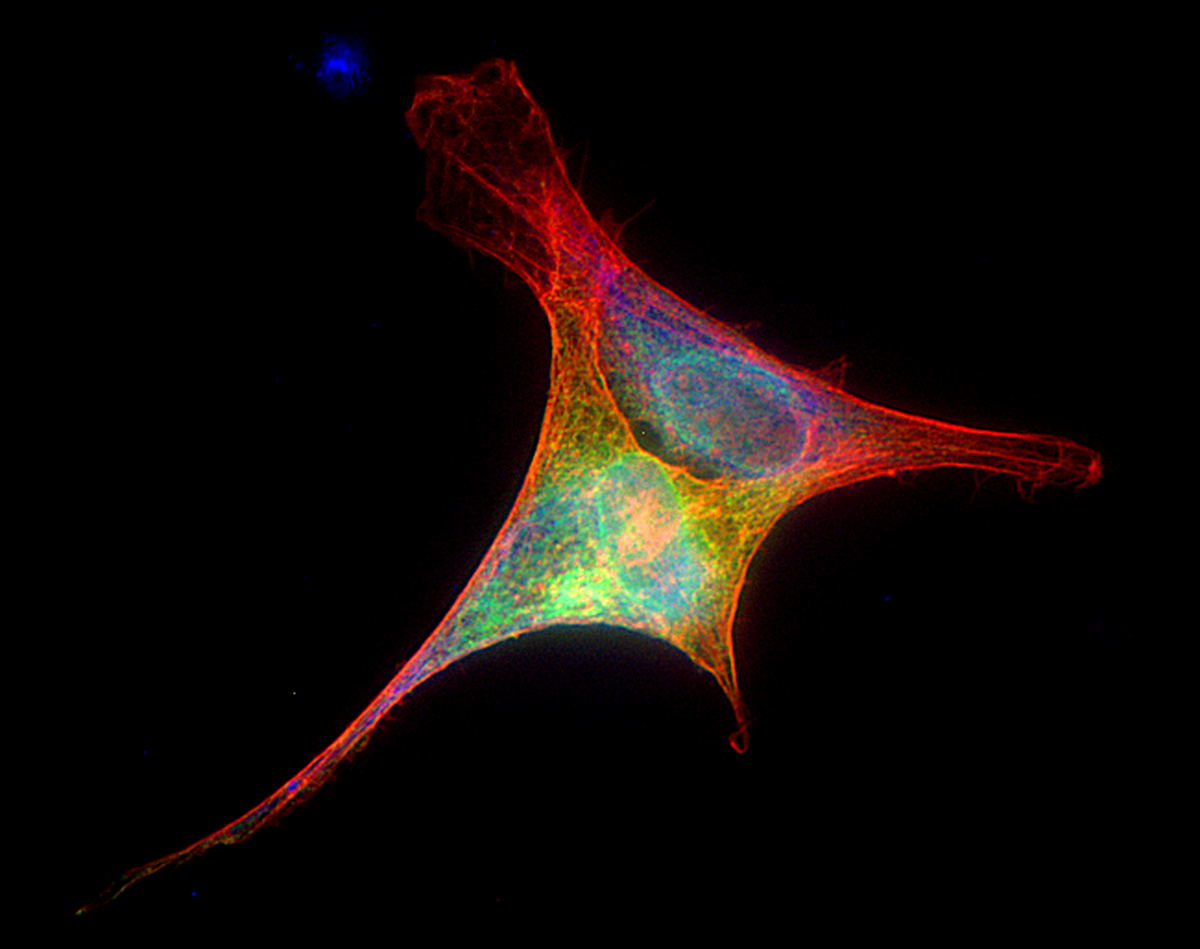
Immuno-genomics and cancer
Dr. Ido Amit, Department of Immunology [email protected] Prof. Ido Amit pioneered single cell genomic technologies and their application to the characterization of the immune system. Answering
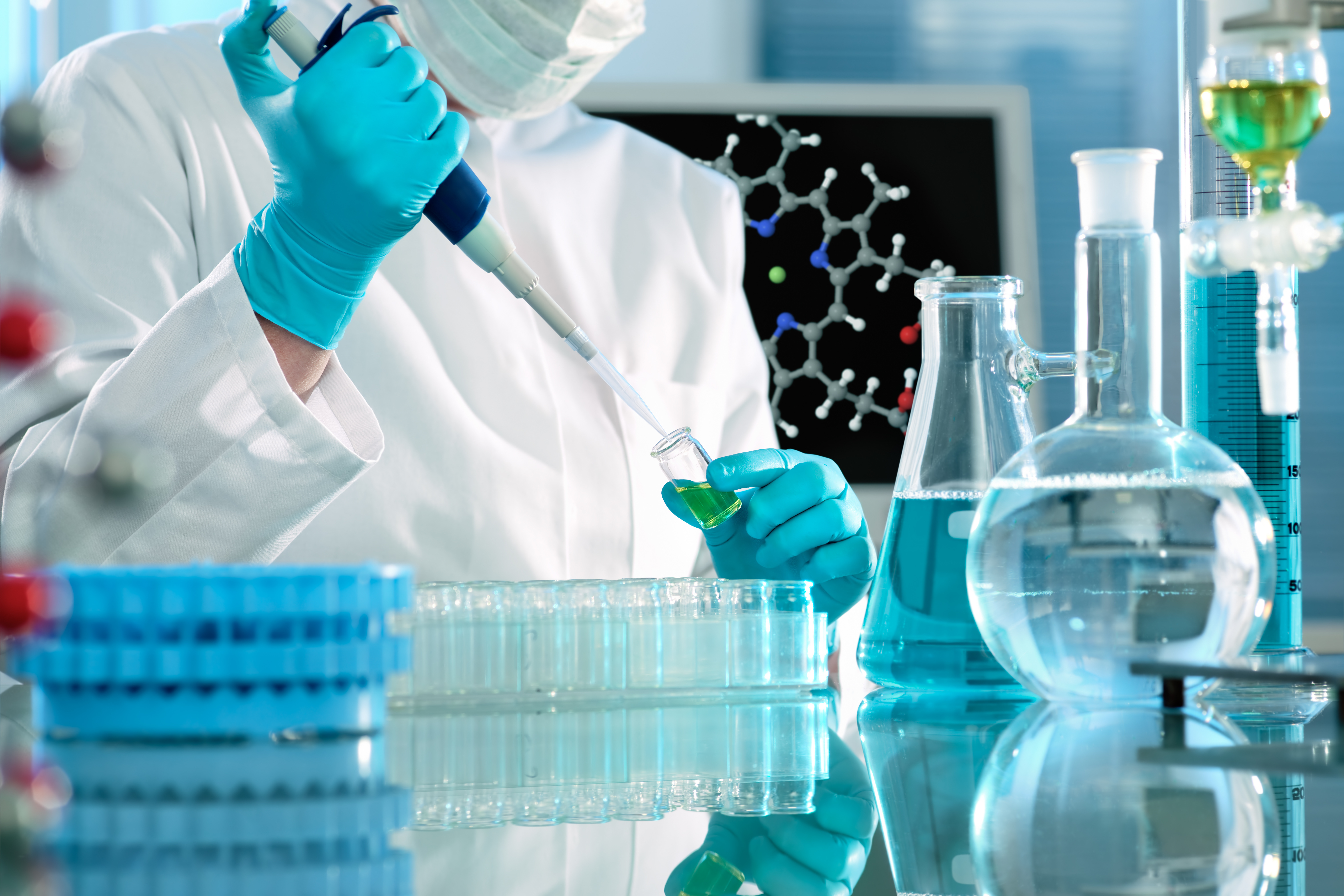
Combinatorial model for chemotherapy “cocktails”
Prof. Uri Alon, Department of Molecular Cell Biology [email protected] When a number of chemotherapy drugs are used for treating cancer, they must work well together,

Cell migration in immunity and cancer
Prof. Ronen Alon, Department of Immunology [email protected] Examining how immune cells and metastatic cancer cells migrate into and out of the blood vessels in which

Programmed cell death
Prof. Adi Kimchi, Department of Molecular Genetics [email protected] Programmed cell death is the principal mechanism by which cells are physically eliminated in our body. Cancer

Cellular senescence and cancer immunotherapy
Prof. Valery Krizhanovsky, Department of Molecular Cell Biology [email protected] Cellular senescence, an age-associated and irreversible form of cell cycle arrest which limits cells’ proliferative potential,

Regulation of normal and leukemic human stem cells
Prof. Tsvee Lapidot, Department of Immunology [email protected] Stem cell transplantion is a treatment for some cancers, including leukemias, as well as for immune deficiencies linked

Cell signaling in cancer development and metastasis
Prof. Sima Lev, Department of Molecular Cell Biology [email protected] The research of Prof. Sima Lev focuses on TBNC, or “triple negative” breast cancer – a

Imaging of angiogenesis
Prof. Michal Neeman, Department of Biological Regulation [email protected] Prof. Michal Neeman’s research focuses on mechanisms that regulate angiogenesis—the development of new blood vessels—particularly in ovarian

Mechanistic links between regulation of gene expression and cancer
Prof. Moshe Oren, Department of Molecular Cell Biology [email protected] Prof. Oren is studying a key player in molecular cancer control—the tumor suppressor gene called p53.

p53 in normal and tumor cells
Prof. Varda Rotter, Department of Molecular Cell Biology [email protected] Prof. Varda Rotter is among the pioneers who discovered the p53 protein, and provided original insights

Air pollution and cancer
Prof. Yinon Rudich, Department of Earth and Planetary Sciences [email protected] Prof. Yinon Rudich is an expert on aerosols—the airborne dust that has a significant impact

Functional genomics in melanoma
Prof. Yardena Samuels [email protected] The research of Prof. Yardena Samuels focuses on cancer genomics and immuno-genomics in melanoma. In her postdoctoral work, Prof. Samuels discovered a

Photodynamic cancer therapy and immunomodulation
Prof. Avigdor Scherz, Department of Plant and Environmental Sciences [email protected] Prof. Avigdor Scherz is a plant scientist who has parleyed his knowledge of photosynthetic materials

Reprogramming in the tumor microenvironment
Dr. Ruth Scherz-Shouval, Department of Biomolecular Sciences [email protected] Dr. Scherz-Shouval examines how cancer cells recruit and subvert normal cells to create an environment that promotes

Lymphocytes and their microenvironment in cancer
Prof. Idit Shachar, Department of Immunology Prof. Idit Shachar’s research focuses on factors that affect mature peripheral lymphocytes–a subtype of the white blood cells that

Anti-tumor antibodies
Dr. Ziv Shulman, Department of Immunology [email protected] Dr. Ziv Shulman studies the cellular and molecular processes that lead to the generation of protective antibodies in

The role of bacteria in chemotherapy resistance
Dr. Ravid Straussman, Department of Molecular Cell Biology [email protected] The Straussman lab studies mechanisms of resistance to anti-cancer therapies. After demonstrating that cells of the tumor

Epigenomics, evolution, and human health
Dr. Amos Tanay, Department of Computer Science and Applied Mathematics; Department of Biological Regulation [email protected] The field of epigenetics deals with molecular mechanisms that allow

Oncogenic receptor tyrosine kinases
Prof. Yosef Yarden, Department of Biological Regulation [email protected] Much of Prof. Yosef Yarden’s research is centered on EGFR, a family of growth factor receptors that play a

Design principles in biology
The Alon lab focuses on understanding the protein circuits that perform computations within the cell.

Immuno-genomics
Dr. Amit studies the genomic code enabling immune cells to differentiate into specific subtypes and devise a specific response to invading pathogens.

Programmed cell death
Prof. Kimchi’s lab is studying programmed cell death by proceeding from single-gene studies to a global network analysis.

Cellular senescence in tissue damage response, cancer, and aging
Dr. Krizhanovsky is working to uncover the mechanisms of interaction of the senescent cells with their microenvironment, in order to understand the role of cellular senescence in tissue damage, cancer, and aging.

Regulation of normal and leukemic human stem cells
Prof. Lapidot and his team are primarily focused on the activities and regulation of blood-forming (hematopoietic) stem cells.

Cell signaling in cancer dev elopment and metastasis
The long- term goal of Prof. Lev’s studies is to define the signaling pathways and the intracellular signaling components that contribute to the development and progression of breast cancer.

DNA repair, mutagenesis, and cancer
Prof. Livneh’s laboratory investigates the molecular mechanisms of DNA repair and mutagenesis and their biological role under normal and pathological conditions, primarily cancer.

Imaging of angiogenesis
Prof. Neeman’s research centers on elucidating the mechanisms that regulate angiogenesis, using magnetic resonance and optical imaging.

Links between regulation of gene expression and cancer
The main goals of Prof. Oren are to elucidate the processes that underlie the ability of p53 to act as a tumor suppressor and the mechanistic links between regulation of gene expression and cancer.
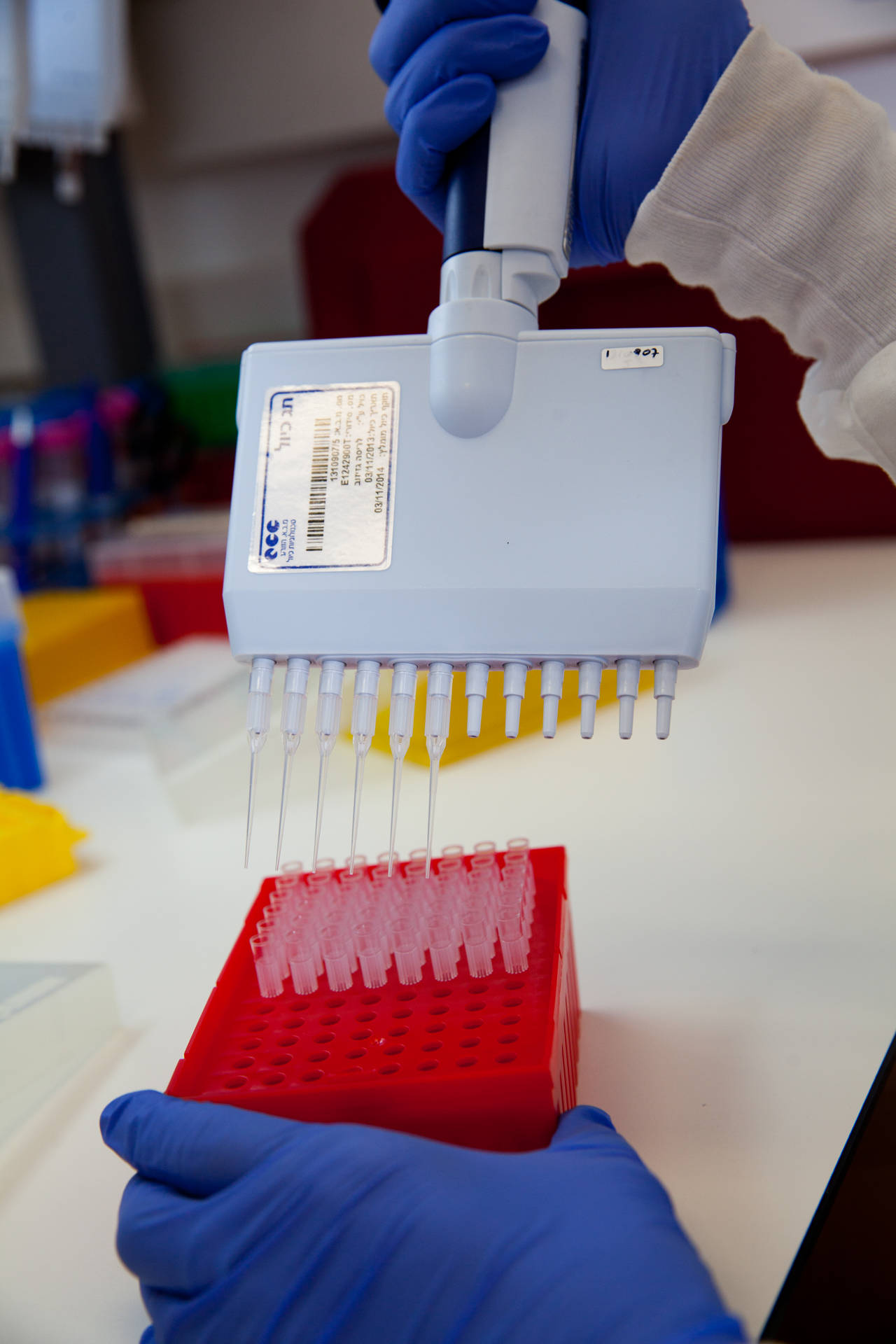
p53 in normal and tumor cells
Research in Prof. Rotter’s lab is focused on revealing the mechanism by which wild-type p53 acts in normal cells and the way in which mutant p53 contributes to cancer development.

Microenvironment of the extracellular matrix and cancer
Prof. Sagi and her lab focus on the cell microenvironment which includes the extracellular matrix.
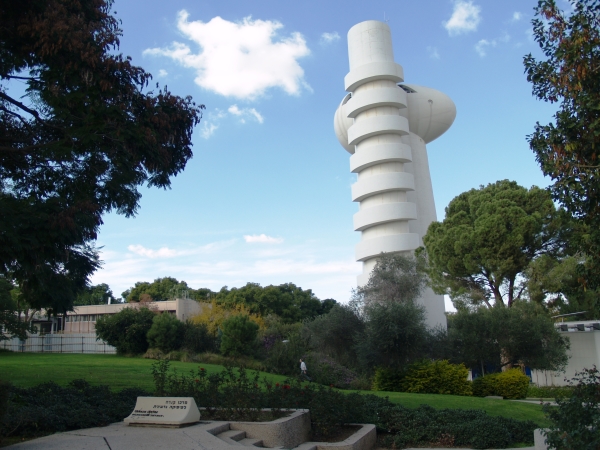
Functional genomics in melanoma
Prof. Samuel’s group aims to discover recurrent tumor-specific mutations in melanoma using high- throughput, whole-exome, and whole-genome sequencing approaches.

Mechanisms of functional reprogramming in the tumor microenvironment
Dr. Shouval and her group aim to elucidate the mechanisms by which tumors reprogram their local environments.

Computation and systems biology
Prof. Segal’s group develops computational models aimed at understanding how molecular components interact to carry out complex biological functions.
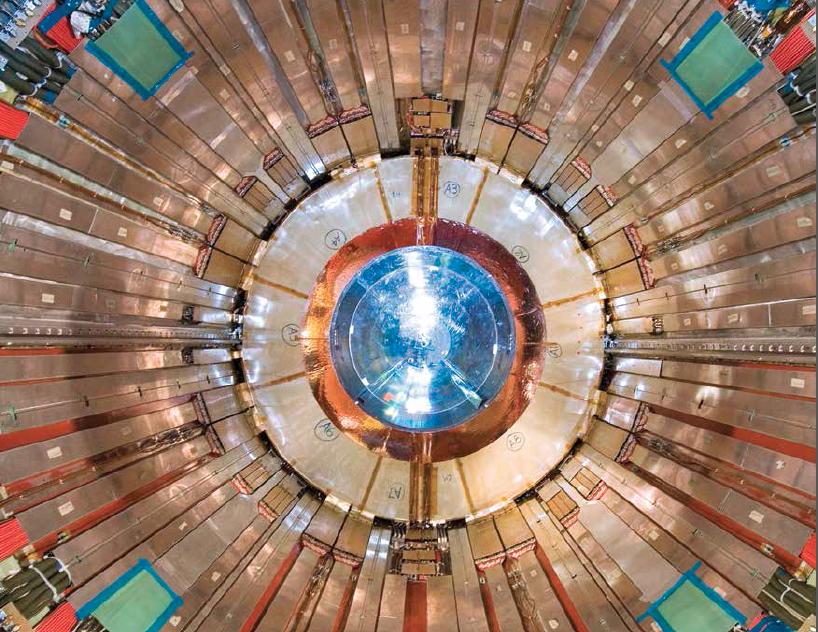
Intracellular signaling pathways
Prof. Seger’s current studies focus on the mechanism by which the linear signaling cascades induce many distinct, and even opposing, physiological and pathological processes.

Molecular mechanisms regulating differentiation and survival of B cells...
The Shachar lab follows Lymphoid homeostasis events during health and disease, focusing on three key areas...

Tumor microenvironment and resistance to chemotherapy
The Straussman group studies different mechanisms which render cancer cells resistant to chemotherapy.

Epigenomics and evolution
Dr. Amos Tanay’s group is studying the physical interfaces that associate genomic information with mechanisms that interpret it in the nucleus.

Leukemia evolution from diagnosis to relapse
Dr. Shlush and his team study leukemia evolution from diagnosis to relapse. They can detect from the blood of AML patients the non-leukemic subpopulations that were ancestral to the leukemic cells and...
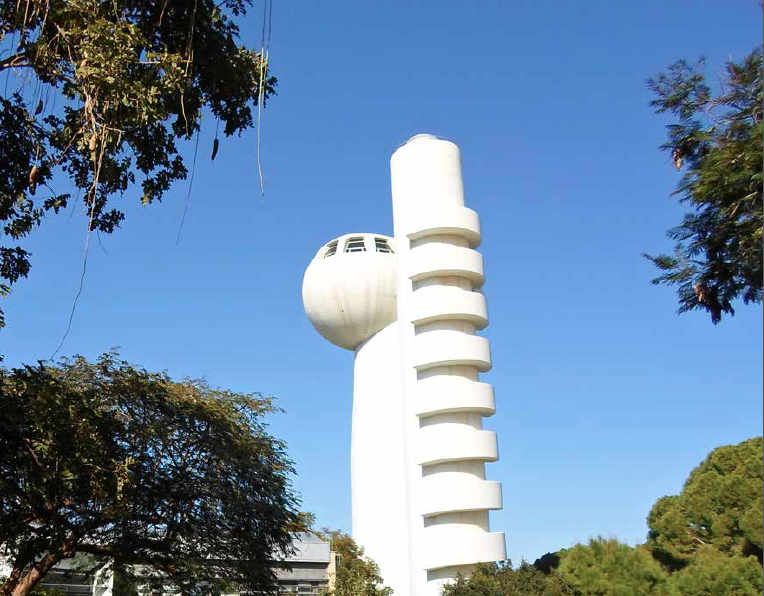
Mechanisms controlling the formation of blood and lymphatic vessels
The main interest of the Yaniv lab is to understand the mechanisms controlling the formation of blood and lymphatic vessels during embryonic development...

Oncogenic receptor tyrosine kinases
Prof. Yarden addresses the effect of the ErbB family on the mobility of tumor cells and on their ability to cross tissue barriers.
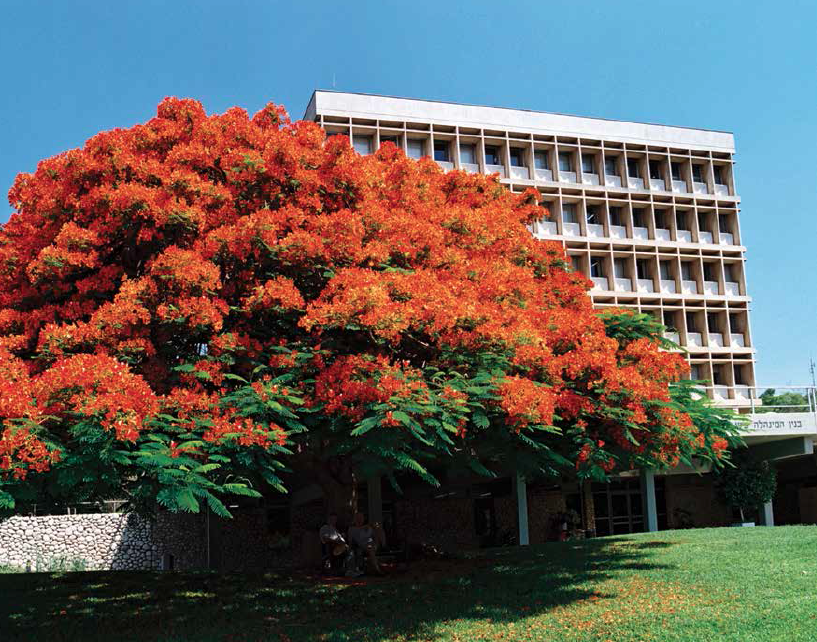
Genetics of childhood metabolic diseases
A physician-scientist, Dr. Erez is working to decipher the dynamics of cellular metabolism at different disease states.
